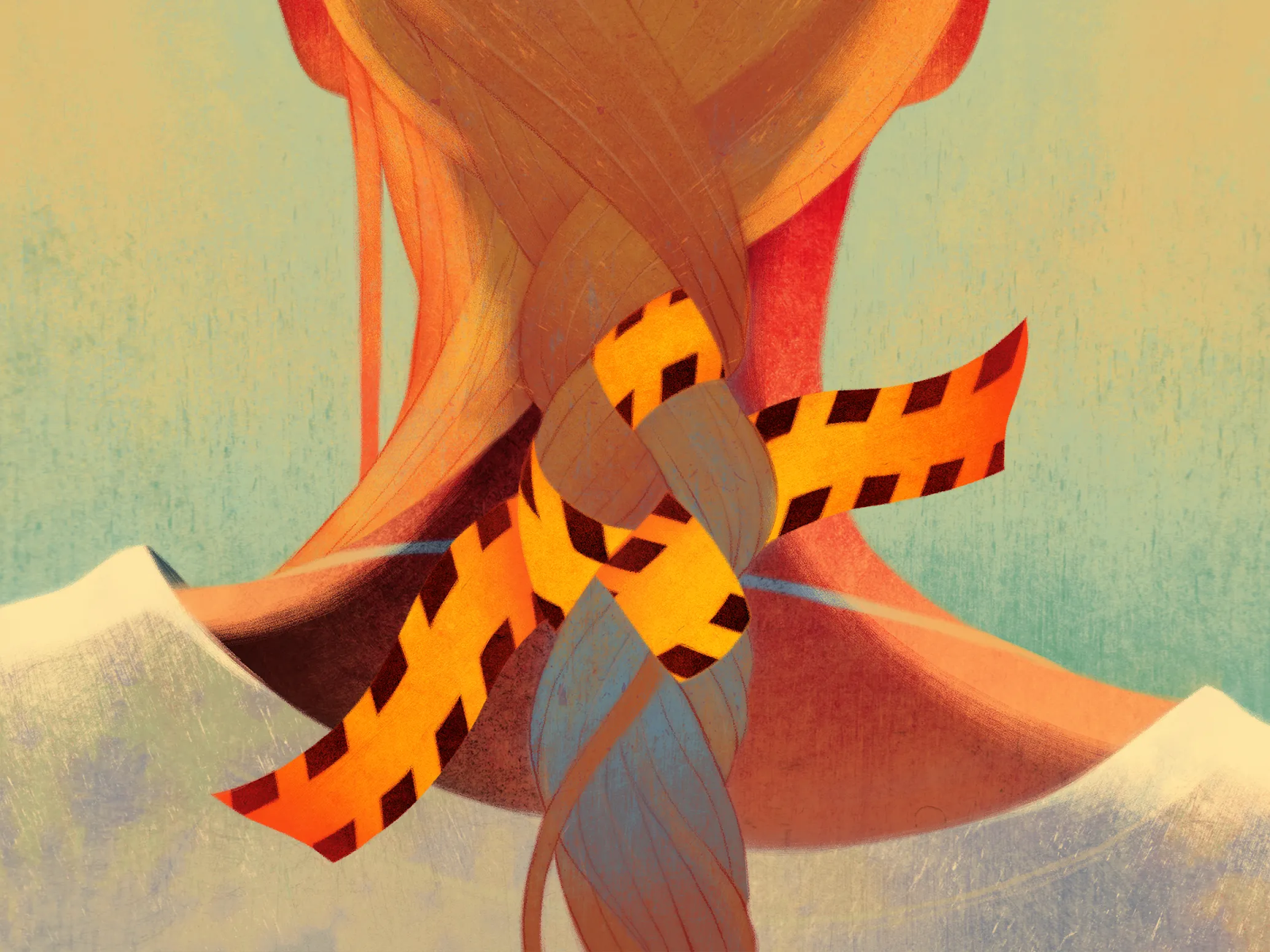New Yorker Fiction Review #306: "Hostel" by Fiona McFarlane
Review of the short story from the Mar. 11, 2024 issue of The New Yorker...
Fiona McFarlane is one of those rare writers who can awaken me out of my short story reviewing slumber to actually read an entire story and write a review. There was once, if you can believe it, a time when I reviewed these shorts stories on time and in sequence, providing real (or imagined) value to the reading public. But I digress...
Fiona McFarlane wrote one of my all-time favorite New Yorker short stories -- "Art Appreciation" from the May 6, 2013 issue --which then led me to read her subsequent novel The Night Guest (2013). Both of which I reviewed on this blog and, while it's been fully 10 years and change since I've read anything by her, her prose made enough of an impression on me that, here I am, eagerly reading and reviewing "Hostel," her latest effort in The New Yorker.
This short story did not fail to remind me why I like Fiona McFarlane's stuff. Her stories always have this underlying thread of foreboding, of darkness coming from somewhere. You can't be sure where, but it's there, and it's coming. She still gets high marks for her pacing and her grasp of what's needed -- just enough of what's needed -- to develop a narrator and a character. And she accomplishes that trick of being so good that her prose sometimes recedes thereby making you forget that you're reading a story, which ought to be more common, but is not.
In this particular tale, a first-person narrator relates the story of a young Australian couple (once close friends of the narrator) take a walk at night and find an attractive young woman, a backpacker staying at the local youth hostel, crying in the bushes. What ensues from there is not exactly what you might think (and depending on what kind of a mind you have, you might think of a lot of different situations that could ensue from there); however, given the way McFarlane sets up and unravels the story, you know its not going to be good.
What's important to remember about this story is that it's narrated by someone who knew the couple in the story. Narrated as though you might be sitting down with the narrator at brunch or at coffee, years later. So there is that sense of doubt, always, and there is the slight undertone of prurience, as the narrator confesses to having hoped the male end of the couple (Roy) would have made a pass at her when she used to stay over at the couple's apartment.
What sticks with me about a story like this is -- for one thing -- the time travel element. Sitting here years later with the narrator, we get not only the story, but we get the story backloaded (even subtly) with everything the narrator has experienced since then; we get the story told to us within the context of the years that have passed since. For example, in the actual action of the story, Roy and Mandy are a happy young couple about to have their first child. In the narrator's broader contextual world, they are long-since divorced.
Further adding to the complexity and darkly mysterious shading of the story is the fact that we don't really get confirmation that what is supposed to have happened (No Spoilers) actually did. McFarlane brings us 99% of the way there, but stops short of confirming it. Much like in life, we can almost not ever know the real answer to things. We have some facts we can rest our worlds upon, but the rest is and will always be a mystery.


Comments